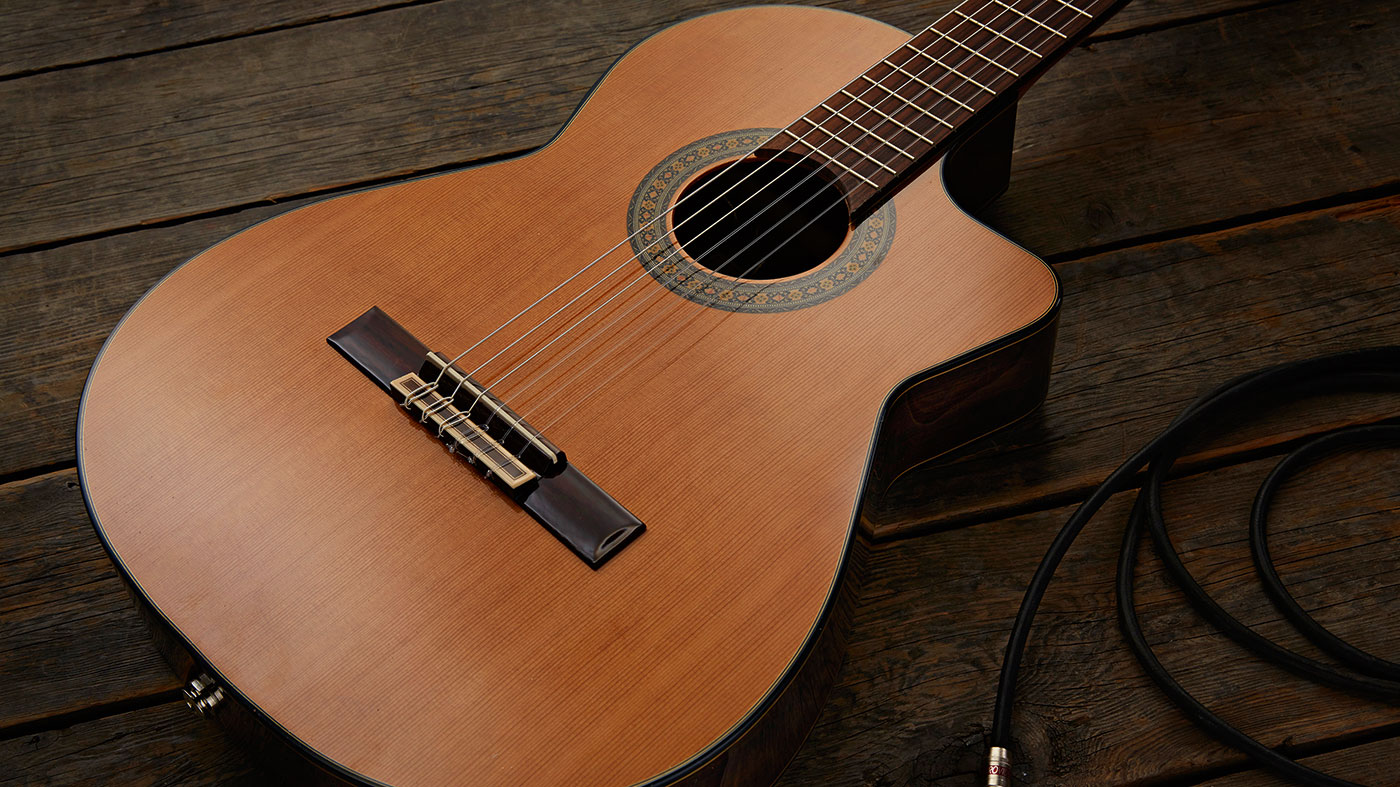Laura Veirs: “Most of the songs I write are not good. I have to write a lot to get the quality up”
The Portland songwriter talks silencing her inner critic and how you don’t have to shout to make a difference

On first listen, Laura Veirs’ 10th solo album, The Lookout, has all the trappings of the singer-songwriter genre: soft vocals that embrace the ears, whimsical guitar lines and bittersweet lyrics. But it’s also quietly revolutionary: since Trump took office, the Portland-based artist has felt a compulsion to reference the state of the world.
“It certainly feels more feverish now,” she says. “I know many artists are struggling with trying to tackle these issues because they feel so pressing now. Waves of darkness and light come through the political world, and this is really a point of darkness in America.”
I don’t expect my music to be revolutionary but I think it’s a piece of the pie
Having begun her career in a punk band, it’s not surprising to hear that social issues are a thread running through Laura’s music, especially on, The Lookout. There are more ways to make a stand, she says, than being “brash” about it.
“There’s a lot of soul music that was revolutionary… it was hardcore in its own way, but it’s also so listenable and danceable,” she muses. “Music acts as a refuge for people. You can provide some kind of solace, and I try to do that in the sense of, ‘I’m paying attention to this, you’re not alone.’
"There’s a song [on The Lookout] called Watch Fire, which for me is so obvious, it’s about protecting vulnerable people. A lot of my work is grappling with myself and my own issues. If it does provide someone with solace, that’s great. I don’t expect my music to be revolutionary but I think it’s a piece of the pie.”
Modern proverbs - the kind that are often shared on Instagram against a visually-pleasing backdrop - also found their way into her lyrics.
“When It Grows Darkest is a track on the new album. When the election happened, I saw that quote: ‘When it grows darkest, the stars come out’ going around. I wrote a song around that lyric, I think it’s just from the common vernacular, I couldn’t find a source for it. I grew up in Colorado in the mountains where the stars were very bright, and when it got dark the stars did come out. It’s kind of obvious but it’s also a great metaphor: dark times build our resilience and perseverance.”
Want all the hottest music and gear news, reviews, deals, features and more, direct to your inbox? Sign up here.
Quality control
The inward-looking approach also extends to her working environment. Writing from her attic studio in Portland, she says she writes “over and over” for as long as a year, until standout songs begin to take shape.
“My husband [Grammy-nominated Tucker Martine] is my producer, and we listen through them and decide which ones are the strongest. If you become too heavy-handed you can overwork and stifle yourself, but writing 10 songs and making an album… I can’t!” she laughs. “Basically, most of the songs I write are not good. I have to write a lot to get the quality up. I wish it wasn’t like that, but it’s been that way for years. I have to keep my inner critic at bay.”
I don’t do well when I’m depressed, I’m not the tortured artist!
Working with her husband, she says, makes this both easier and harder. “It’s easier because I trust him so much and I don’t care if he doesn’t like it. But sometimes I feel hurt like, ‘You don’t like anything I do!’ His bar is very high, he’s a great producer,” she says. Time in the studio also allows the pair to reconnect on a creative level, which is how they first met - she mailed him a cassette of her music almost two decades ago. “We don’t get a lot of time together in a creative way anymore because we’re so busy with other projects, our children, and the logistics of touring,” she explains.
The Lookout’s collaborators, which include Sufjan Stevens and Jim James, were chosen not just because their voices fitted the music, but because of their friendship with Laura.
“All the people on this are old friends and people I’ve toured with and collaborated with in the past,” she says. “We just know we can trust them to come up with great parts quickly and not have big egos, you can encounter that when you get into the realm of great musicians and it’s a bummer to be around. None of these people have that.”
Laura herself could never be accused of having an ego, either. From her admission that she has to write hundreds of songs before finding one she’s happy with, to her rejection of the trope of artistic misery - “I don’t do well when I’m depressed, I’m not the tortured artist!” - everything she does comes with a grounding that makes her music far more relatable than she realises.
Secret weapon

An old 70s nylon-string guitar is Laura’s go-to writing companion
“My main writing instrument is a Goya nylon-string classical guitar,” says Laura. “I love the way it sounds - it’s just this crappy 70s guitar we had lying around the house growing up, but I’d played it for all my records.
“I do a lot of alternate tunings - which is annoying when I’m playing songs live because I don’t have a budget for a guitar tech - and you can tune the second string up to a way higher note and it’s not going to break. My other go-to is a Martin acoustic, and for electric I play a classic Gibson Les Paul.”
You might even have heard the Goya elsewhere: “Sometimes my husband borrows it for high-profile sessions, and it was all over the Case/Lang/Veirs album [collaboration with Neko Case and kd lang] I did. You’ll have to ask my husband who else has borrowed it!”
The Lookout is available now via Bella Union

